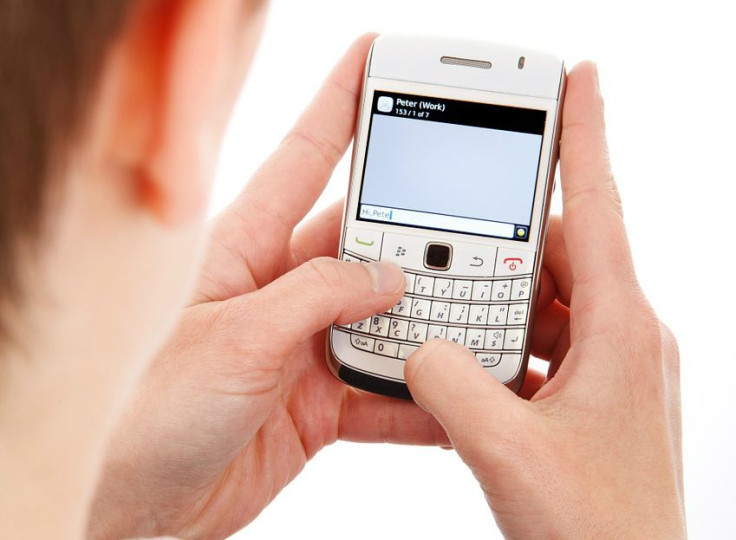"Dystexia" or Nonsensical Text Messages Could Reveal Stroke

A 25-year-old pregnant woman had gone for a routine doctor's visit last December to find out her due date, and as she was leaving the obstetrician's office, she received a text message from her husband asking her how her appointment went:
Husband: So what's the deal?
Wife: Every where thinging days nighing
Wife: Some is where!
Husband: What the hell does that mean?
Husband: You're not making any sense.
Shortly afterwards, the concerned husband met up with his 11-week-pregnant wife and took her to the emergency room.
At the hospital doctors revealed that the woman was having a stroke, and her nonsensical text messages, something doctors are now calling "dystextia," was actually an early sign of the condition.
Doctors found that the woman was exhibiting several signs of stroke including disorientation, and having difficulty speaking and using her right arm and leg.
A MRI scan revealed that the part of the young woman's brain involved with language wasn't getting enough blood and was damaged. However, the woman's symptoms quickly went away and she was sent home from the hospital with a low-dose prescription of blood thinners.
According to doctors at Boston's Harvard Medical School, who described the recent case in the journal Archives of Neurology, the incident suggests that "the growing digital record will likely become an increasingly important means of identifying neurologic disease, particularly in patient populations that rely more heavily on written rather than spoken communication," according to the case study.
Dr. Joshua Klein and his co-authors called the phenomenon "dystextia".
"The dystextia was the first clinical sign that we had that she was having a stroke," said Klein, according to NPR.
Klein explained that impaired speech is a common sign of stroke, but in this particular case because the woman had lost her voice because of a cold, the series of unintelligible text messages were the major indicator of a language problem.
He said that while dystextia wasn't essential to diagnosing the stroke, because doctors would have been able to diagnose the woman from her other symptoms such as numbness in the woman's right arm.
"But it [the dystextia] was an unusual piece of data that fit with the other clinical findings," Klein said. "It helped us understand the nature of the problem."
He believes that text messages will become more important for doctors as electronic communication increasingly replaces verbal communication.
The term "dystextia" has been linked to stroke before after doctors linked it to a patient experiencing a complex migraine, which can lead to a host of neurological symptoms like difficulty speaking and vision loss.
According to the latest data from the U.S. Centers for Disease Control and Prevention only about 11,000 women aged 15 to 34 experienced strokes last year.
Published by Medicaldaily.com



























